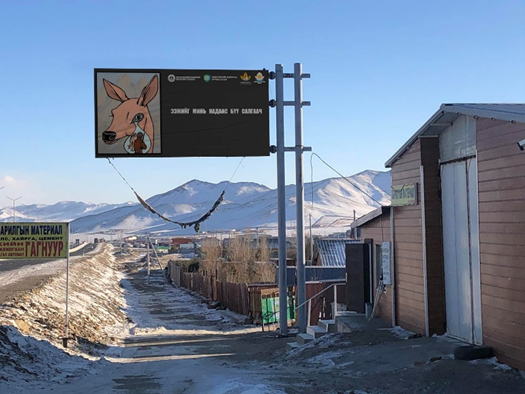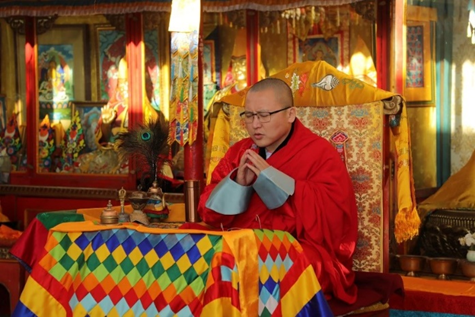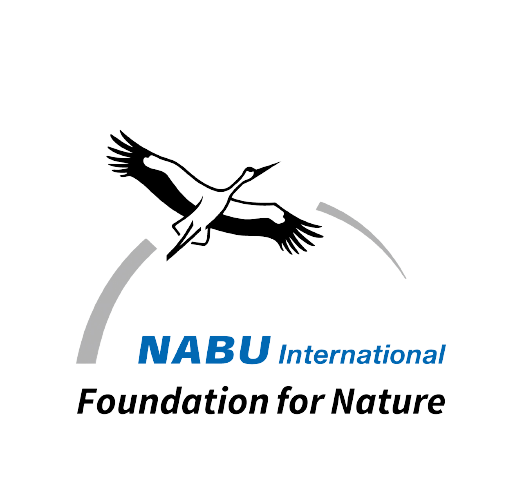A Buddhist Wildlife Trade Demand Reduction Initiative In Southeast Asia

Project period: 15.Dec. 2021 – 14. March. 2025
Southeast Asia is a biodiversity hotspot and a major hub for national and international wildlife trade – both legal and illegal. The region plays a key role as an end-market as well as onward trafficking in the illegal trafficking of high-value endangered species products, including elephant ivory and rhino horn. Southeast Asian markets have also been identified as a hotspot for the development of new zoonotic disease.
This initiative comprises targeted public awareness and demand reduction campaigns in Vietnam, Bhutan and Mongolia that draw on the fundamental Buddhist principles of compassion towards all life, universal responsibility, and interdependence. The project enjoys the support of the International Buddhist Confederation (IBC), the world’s largest Buddhist umbrella body, and the Buddhist leaders of the three project countries. By promoting conscious compassionate and sustainable lifestyle choices, based on Buddha’s teaching, the initiative aims to make a tangible contribution towards mitigating zoonotic disease spread and spill over risks, sustainability, biodiversity conservation, livelihood protection and peace. Collaborations with partners from faith-based communities have great potential to reach and positively influence the behaviour of wildlife consumers and traders.
General Outcomes:
- 117 educational workshops and teachings were held in monasteries, schools, and relevant governmental and non-governmental organisations in all seven project locations in Mongolia, Bhutan and Vietnam, directly reaching close to 74 000 people.
- A universal “Buddha Nature” logo was adopted in all locations to create a recognisable and relatable brand. Adding to that each country created an individual slogan.
- The project reached an audience of more than 2.8 million people through social media, TV, public displays and other platforms.
- Films, children’s books and many other educational tools were developed.
- Monastic leaders in the three project countries have pledged to integrate the project concept into their messaging beyond the end of the project. In addition, a One Health roadmap for effective Buddhist demand reduction initiatives was created that is transferable to other faiths.

Further links:
Buddhist Wildlife introduction in Bhutan: Buddhist Wildlife Trade Demand Reduction Initiative in Southeast Asia – Launch
Barbara Maas Talk at Bhutan launch event: Talk 1: Dr. Barbara Mass – Buddhist Wildlife Trade Demand Reduction Initiative
Mr. Kinga Norbu: status of illegal wildlife trade and poaching in Bhutan: https://www.youtube.com/watch?v=fSRFC3LwVKA
How Myth and Superstition are Encouraging Wildlife Trade and Poaching | Dr. Karma Phuntsho: Talk 3: How Myth and Superstition are Encouraging Wildlife Trade and Poaching | Dr. Karma Phuntsho
Find more information and the overall learnings of the Alliance financed projects in the report “Learning to make Change Happen.- Global Lessons from 18 projects”
Participants
Contacts
Barbara Maas

